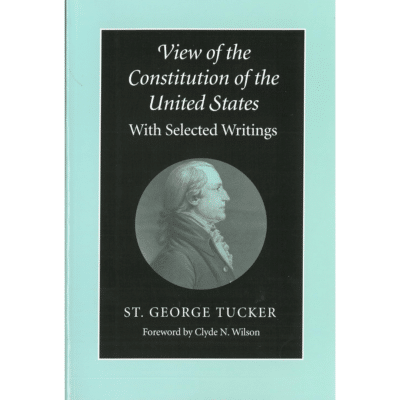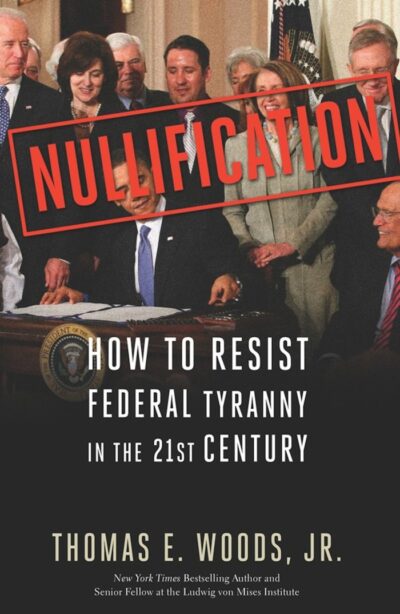Description
The Constitution wasn’t born in harmony. Its ratification came out of a fight – bitter and bruising, with delegates to the Convention, veterans of the Revolution, and respected public figures in open opposition.
They came to be known as the Anti-Federalists.
The Articles of Confederation created a union of sovereign states. The Anti-Federalists saw the new Constitution as something else entirely: a consolidated national government with sweeping power over every individual and every corner of life.
They weren’t firmly against amending or changing the Articles – they were against the structure of the government proposed by the Constitution.
This, they warned, was no mere reform. It was a counter-revolution in disguise.
THE VOICES COLLECTED HERE
This book presents key Anti-Federalist arguments from those debates, reconstructed from the writings and speeches of five leading opponents of ratification – drawing directly from their speeches and essays.
Each chapter presents the perspective of one of the Anti-Federalist voices featured in this collection:
George Mason: A Virginia delegate who refused to sign the Constitution. He drafted the first formal objections at the close of the Philadelphia Convention and later took a leading role in the Virginia ratifying convention. He warned of centralized power, an unchecked judiciary, and the absence of a bill of rights – arguments that became foundational to Anti-Federalist opposition across the states.
Luther Martin: A Maryland delegate to the Convention. A Maryland delegate to the Convention. Upon returning home, he publicly denounced the Constitution in a lengthy address to the state legislature and subsequent essays. He became one of the most detailed critics of the proposed plan.
Cato: The pseudonym of an unknown New York author who published one of the earliest series of Anti-Federalist essays. He warned that the Constitution would pave the way to aristocracy, executive overreach, and endless war.
Elbridge Gerry: A Massachusetts delegate who refused to sign the Constitution. After the convention, he publicly outlined his objections in a letter to the state legislature. He warned that the proposed system would destroy the states and lay the foundation for a monarchy.
The Pennsylvania Dissenters: A minority of the state’s ratifying convention that issued a formal protest against the Constitution. They warned of sweeping federal power and denounced the rushed and coercive tactics used to secure ratification.
Paperback: 133 pages
Publisher: Tenth Amendment Center (2025)




